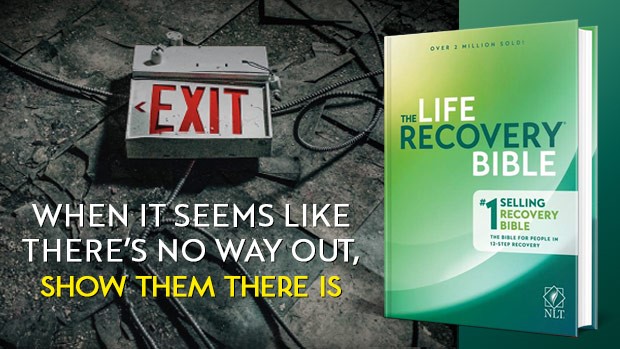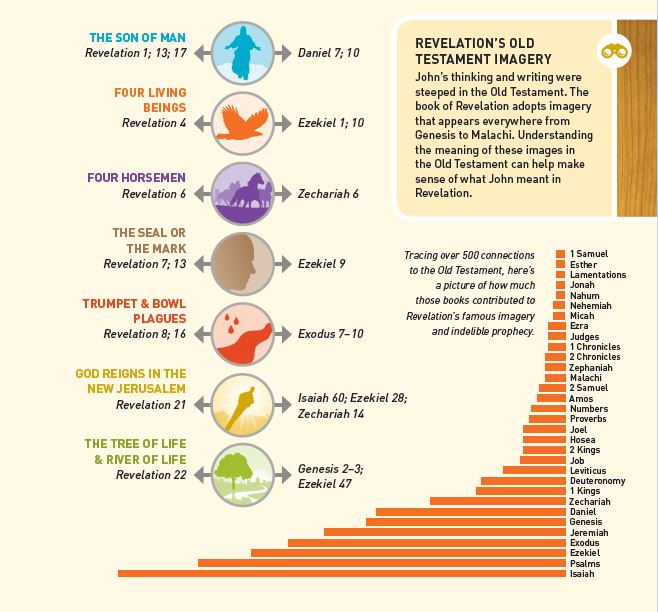Article from the Life Application Study Bible, Third Edition

Several psalms shock those familiar with New Testament teachings. The psalmists didn’t hesitate to demand God’s justice and make vivid suggestions on how he might carry it out. Apparently, no subject was unsuitable for discussion with God, but our tendency is to avoid the subjects of anger and vengeance in the book of Psalms.
To understand the psalm writers’ words of anger and vengeance, we need to understand several things:
- The judgments asked for were to be carried out by God and were written out of intense personal and national suffering. The people were unable or unwilling to take revenge themselves and were asking God to intervene. Because few of us have suffered intense cruelty on a personal or national level, we find it difficult to grasp these outbursts.
- These writers were intimately aware of God’s justice. Some of their words were efforts to vividly imagine what God might allow to happen to those who had harmed his people.
- If we dared to write down our thoughts while being unjustly attacked or suffering cruelty, we might be shocked at our own bold desire for vengeance. We would be surprised at how much we have in common with these writers of old. The psalmists did not have Jesus’ command to pray for one’s enemies, but they did point to the right place to start. We are challenged to pay back good for evil, but until we respond to this challenge, we will not know how much we need God’s help in order to forgive others. There is a helpful parallel between the psalms of anger and the psalms of vengeance. The“angry” psalms are intense and graphic, but they are directed at God. He is boldly told how disappointing it is when he turns his back on his people or acts too slowly. But while these thoughts and feelings were sincerely expressed, we know from the psalms themselves that these passing feelings were followed by renewed confidence in God’s faithfulness. It is reasonable to expect the same of the “vengeance” psalms. We read, for example, David’s angry outburst against Saul’s pursuit in Psalm 59, yet we know that David never took personal revenge on Saul. The psalmists freely spoke their minds to God, having confidence that he could sort out what was meant and what was felt. Pray with that same confidence—God can be trusted with your heart.
Selected psalms that emphasize these themes are 10, 28, 35, 59, 69, 109, 137, 139, and 140.



























Recent Comments